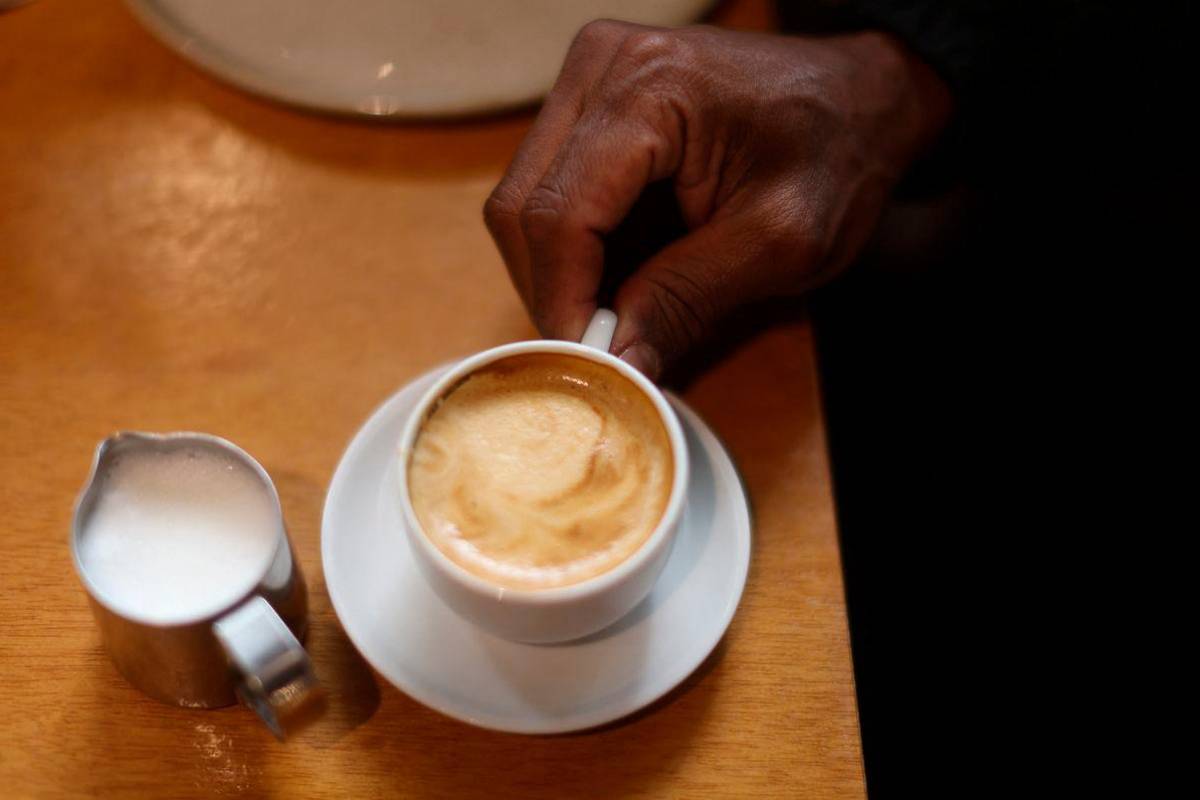Trump's Brazilian Tariff Threatens Global Coffee Market, Risks Price Surge for UK Consumers
Former US President Trump's proposed 50% tariff on Brazilian imports could dramatically reshape the global coffee trade, with potential ripple effects reaching British consumers. The measure threatens to disrupt established trading patterns and could lead to significant price increases in coffee-consuming nations worldwide.

Coffee beans being processed at a Brazilian export facility, as global markets react to proposed US tariffs
Global Coffee Markets Brace for Disruption
In a move that exemplifies the continuing reverberations of protectionist trade policies, the Trump administration's proposed 50% tariff on Brazilian imports has sent shockwaves through the global coffee market, threatening to destabilise established trading patterns and potentially driving up costs for consumers worldwide.
Market Impact and Global Trade Implications
Brazil, as the world's premier coffee producer and exporter, supplies approximately one-third of US coffee consumption - equivalent to 8.14 million 60-kg bags annually. This significant trade relationship now stands at risk of severe disruption.
'A tariff of this size would all but shut down that flow. Brazilian exporters won't absorb it. U.S. roasters can't,' warns Michael Nugent, a senior coffee broker and consultant at California-based MJ Nugent & Co.
Supply Chain Restructuring and Price Implications
The proposed tariff threatens to force a substantial restructuring of global coffee supply chains. Market analysts suggest alternative suppliers such as Colombia, Honduras, Peru, and Vietnam would likely see increased demand, though none can match Brazil's volume or competitive pricing.
The timing is particularly concerning as global coffee prices are already at or near record levels following last year's 70% price surge. The tariff announcement promptly triggered a 1.3% jump in Arabica coffee futures.
Broader Economic Implications
The impact extends beyond coffee, affecting other crucial Brazilian exports including:
- Orange juice (over 50% of US supply)
- Sugar
- Wood products
- Ethanol
Potential Diplomatic Solutions
Some hope remains for diplomatic intervention. US Commerce Secretary Howard Lutnick has indicated that certain natural resources unavailable domestically might receive exemptions, subject to bilateral negotiations.
Eduardo Heron, director at Brazilian coffee exporter group Cecafe, remains cautiously optimistic: 'I hope that diplomacy will work and in the end coffee will be added to any exemption list.'
Global Market Outlook
The situation highlights the interconnected nature of global trade and the potential consequences of protectionist policies. As markets adjust to these potential changes, consumers worldwide may need to prepare for higher coffee prices and possible supply chain disruptions.
Thomas Reynolds
Correspondent for a London daily, specialist in British foreign policy and transatlantic issues.
